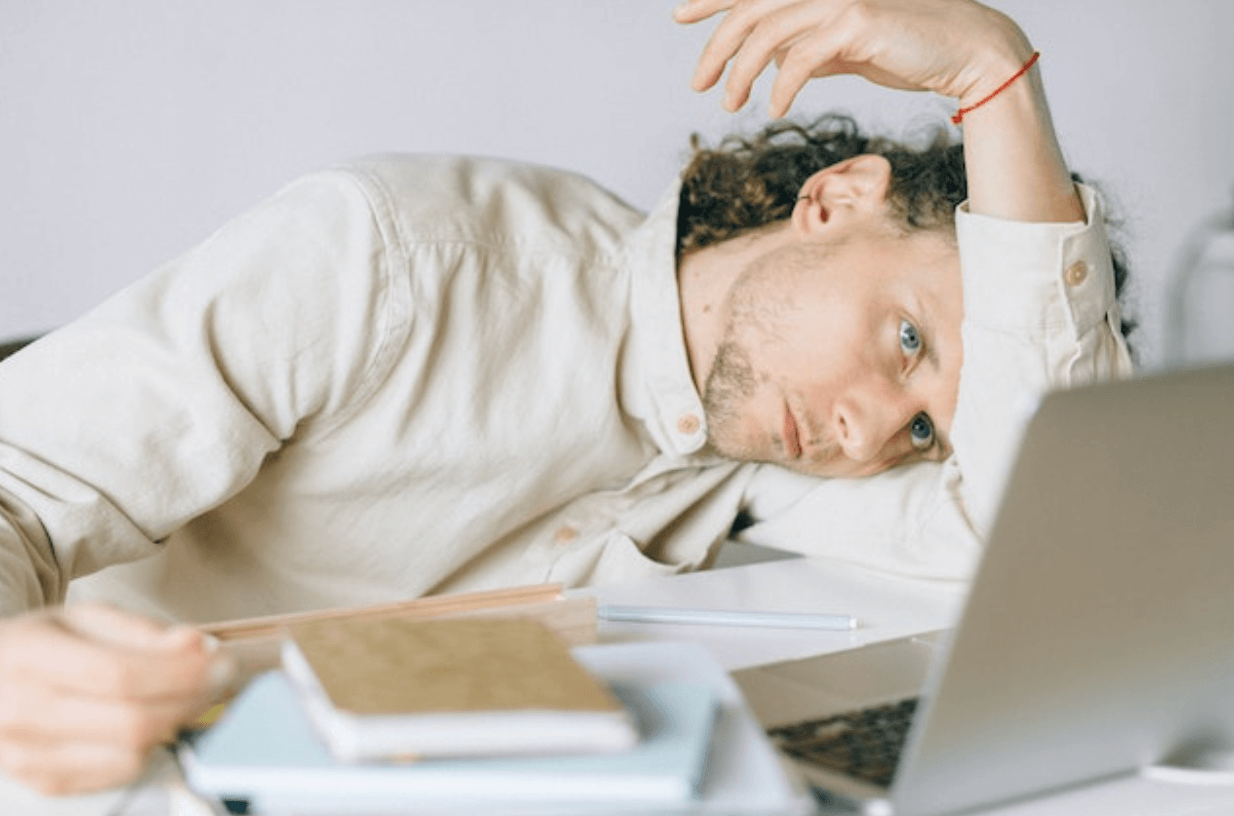When you’re moving into a new rental property, there’s so much to consider, so we’re here with a list of 10 things to do to help you get started! It can be overwhelming but it’s worth getting as much sorted as possible as early as possible, as it will help you to just relax and get settled into your new home quickly, which is always a good feeling and can help to relieve stress. We love checklists to make sure nothing gets missed and it also helps to relieve some of the mental load that can come with moving into a new place. So, write some lists, including all of the things below and whatever else is specific to your new home, then tick them off to make sure you have got everything covered!
Read The Agreement Thoroughly
The first thing you need to do before signing is to read the agreement thoroughly. Whilst it will take some time, it’s so important that you read this and take time to look at the terms, from the safety to rent and any rules for your new place. You may want someone who works with contracts to take a look for you as well, particularly the very key clauses that could be the most damaging if you don’t fully understand them. Don’t be afraid to dispute any clauses you’re unsure about, as there isn’t much that can be done once it’s been signed.
Change The Locks
Once you’ve moved in, we’d recommend that you change the locks. You will need to ask your landlord about this most likely, however it’s always a good thing to change them as you never know who may have a copy of the key. It’s worth asking your landlord about this in advance so that you can get them changed on the day you move in, although it’s very common practice and so there shouldn’t be an issue.
Set Up Your Utilities and BIlls
Next, you need to set up your utilities and bills. Make a list of everything you need to set up, which will include some, if not all, of the following:
- Electricity
- Gas
- Water
- Council tax
- Internet
- TV License
- Waste removal
Do some research before you move in to find the preferential providers in the area you live in for things like electricity, or you may be able to transfer your account to a new property which will depend on who you are with. Although it might be a tedious afternoon, getting everything done in one go is ideal if you can!
Clean The Property
Next up, give the property a good clean. Whilst the landlord may have gotten cleaners in, the quality of the clean may be questionable, so doing it yourself so you know you’ve got a fresh start is always a good idea! We’d recommend the usuals like cleaning bathrooms, the kitchen, dusting, hoovering and mopping, as well as getting the carpets cleaned, cleaning out your appliances like oven, dishwasher and washing machine (this last one is particularly important!) and wiping down walls. If you have a crossover with your old place, it’s great to do this before you move anything in so you’re starting completely fresh!
Take Photos Of Everything!
Next, you should take photos of absolutely everything. Go through your new place room by room and take photos of every angle, even if you think it’s insignificant. Make sure to take close up photos of anything that looks not quite right, like marks, chips, any sign of wear or damage. Don’t forget the outdoor spaces as well, from artificial grass Melbourne to patios in London. When it comes to the end of your tenancy, often letting agents will try and charge you for damage, so you need to have proof of what the place looked like when you moved in and then you can prove if damage was already there. Send yourself or family members an email with all the photos so that there’s no chance of you losing them. Hopefully you’ll never need them, but it can save you a lot of money in the end if they do try and charge you for damage that wasn’t you!
Check All Major Appliances Are Working (including smoke alarms)
Another thing you should do is check that all of the appliances are working. Go round and try all the light switches, make sure all the taps (including bath and shower) run with hot and cold water, turn on the oven, run the dishwasher, check the fridge and freezer is all working, flush the toilets and generally just anything else that needs to be checked. Then, you will have a list to pass on to your landlord and they may call out facilities management Hull or London based, depending on where you are! Letting agents and landlords tend to be the most switched on when you’ve just moved in, plus you may be able to get multiple things fixed at once to get everything resolved quickly.
Make A List Of Repairs
On a similar topic, when you’re taking the photos and checking the appliances, make a list of repairs to send over. Even if it’s a lightbulb that isn’t working, include it in the list as it should have all been sorted before you moved in. Same again, it’s common for letting agents to be more switched on early days, so these things should get resolved quite quickly. Flag even the smallest things, including marks on the wall or small dents in floorboards, and if for any reason they don’t get resolved, then there’s a record there so you won’t get charged.
Update Your Address
Once you’re in your new place, make sure you have updated your address on everything and set up mail redirects from your old place. This includes your address at work, insurance companies, car details, council tax record, banking details, any loans, accountants, financial advisors, doctors, vets, streaming services, any memberships like the gym, and any retail websites that you use regularly that may auto-fiull your old address. Create a checklist and work your way through to help avoid hassle wherever possible moving forwards!
Sort Your Contents Insurance
Last but not least, sort your contents insurance. The landlord will pay for building and contents insurance, but this will only cover whatever they own, like appliances or furniture if the place is furnished, but nothing you bring through the door. So, you need to have content insurance to protect your things from theft, loss or damage to any of your things. Your landlord holds no responsibility for your belongings (unless an issue in the property causes damage to your things, in which case, they may be liable).
Author Bio
Daisy Moss is a freelance writer who enjoys to write about all sorts of topics, from write for us finance through to all things lifestyle.























Leave a Reply